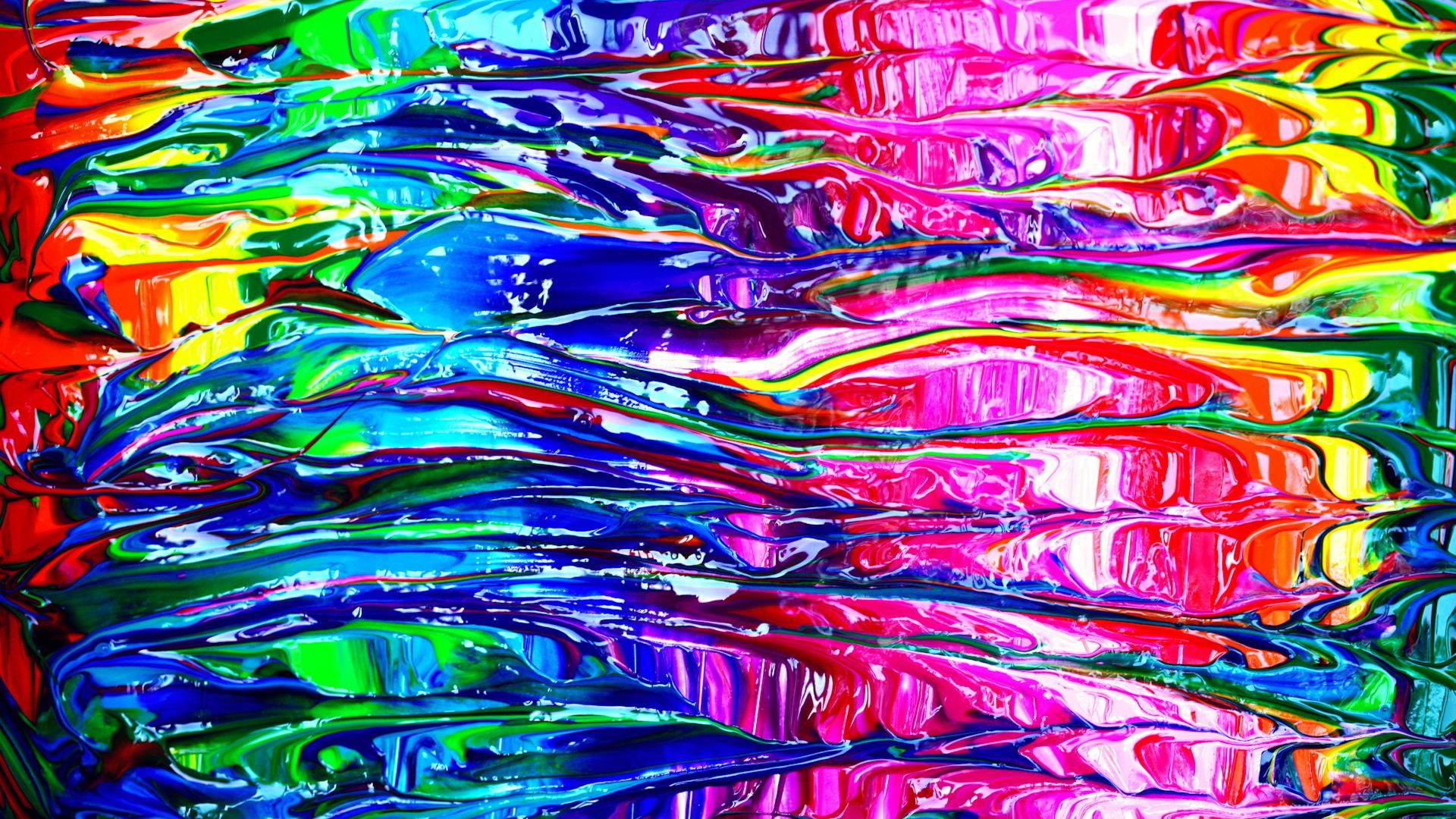In honour of LGBTQ+ History Month, it’s important we recognise our rich and varied history, both victories and tragedies. One of the many events that shaped queer past, present and future was the Stonewall Uprising of 1969.
It was the late 1960s and all over the world the LGBTQ+ community was facing discrimination for who they were. There was nowhere truly safe to be queer, and the USA was no different. Private acts between queer people were only legal in one state, and any attempts to announce or display your LGBTQ+ status in public would be met with both social and legal backlash. Until 1966, it was illegal to serve queer people drinks in bars or similar establishments. From the 40s to the 60s, any gender-non-conformance could get you arrested (although there was nothing specifically outlawing it, other than often unrelated laws would be used as an excuse). There was no way to get any gender affirming care until 1966. These laws opposing queer identities were predictably met with significant opposition. However, one particular rebellion changed a lot – not just in America, but across the world.
The Stonewall Rebellion sparked a queer revolution that still ripples through today…
With nowhere to safely call their own, the LGBTQ+ community created their own spaces that were safe to drink and socialise without fear of violence or a night in jail: gay bars. These bars created vibrant communities of drag queens and kings, gutter punks, gender-non-conformists, activists, and other queers of any age, from elderly butches to homeless trans teens. One of the most well[1]known gay bars in New York (especially now) was a place called Stonewall.
On a hot summer evening, near the end of June, police raided Stonewall. This was commonplace for gay bars across the country, but for many patrons, that night was the last straw. A riot was launched – one that would last for five days. There was damage to police cars, bottles and coins were thrown, chanting took place, and protests broke out. However, the accounts of the Uprising can often be conflicting, especially about which figures did or didn’t attend.
Take Marsha P Johnson: drag queen, transvestite (this was the term she used to describe herself), and founder of the charity STAR (Street Transvestite Action Revolutionaries) with fellow activist and transgender woman Sylvia Rivera. Some accounts claim Johnson not only attended the riots but started them (though she herself denies those claims). A few attested that, while the bar was ablaze, she threw a shot glass against a mirror, shattering it and crying out “I got my civil rights!” Another account says that she climbed up a streetlamp to drop a bag of bricks on an officer’s car. Conversely, other stories report that she wasn’t present at all, one even giving the reason that it “could have been used effectively by the movement’s opponents”, on account of the fact that she was a Black drag queen.
Though there are many contradictory accounts of the Uprising, one thing that is undeniable is the effect it had. Stonewall is even the reason we have Pride Month, and why it is celebrated in June (to commemorate such an important date). The first pride march was the next year, in 1970, and the first UK pride march took place in 1972. The Stonewall Rebellion sparked a queer revolution that still ripples through today, not just affecting laws and bills for decades to come, but inspiring queer people to make a noise and stand out, from activism to simply expressing themselves.
The queer community still has a long way to go – transphobic laws in the USA, countries where homosocial love is still illegal, and invasive non-consensual surgeries on intersex babies and children, but the Stonewall Riots were a cornerstone in queer liberation and won many of the rights that we do have today.




